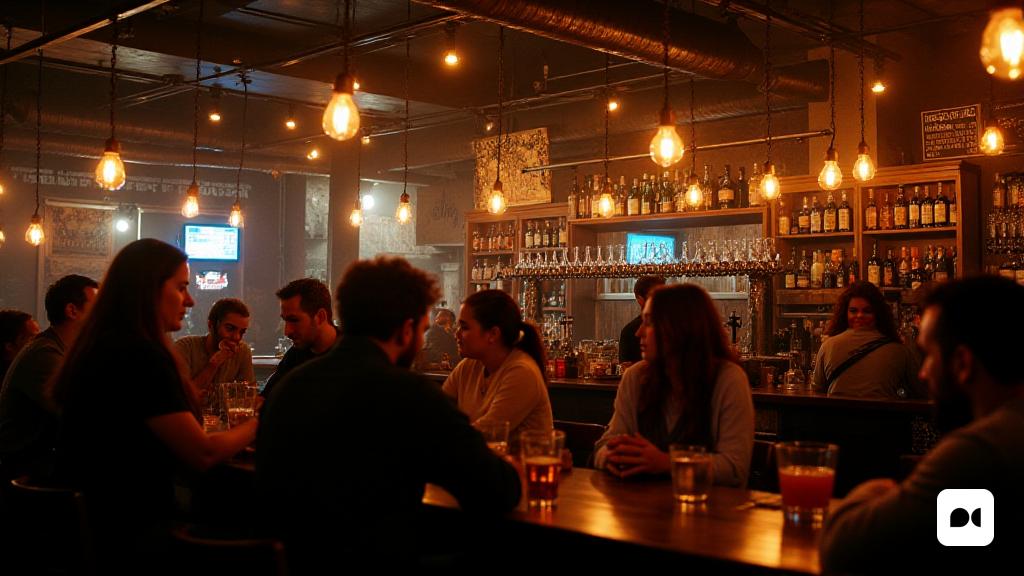Crucial debate on the future budget
This Thursday, the CUP assembly will meet to discuss its position on the 2025 municipal budget, with a clear priority: public housing. Although talks have continued throughout the year, the anti-capitalist group acknowledges that they have not yet received a proposal that fully satisfies them.
Clear priorities in negotiation
The CUP has presented its proposals focused on public housing, municipal management of services and the creation of a new department of linguistic policy. According to Marta Soler, spokesperson for the party, these are fundamental areas that have been worked on throughout the year, with the aim of making their voice heard in a budget that, at present, they consider too influenced by the PSC.
Satisfaction with nuances
Although the CUP is satisfied with the progress of the negotiations, they acknowledge that there are aspects they do not share. Soler expressed that ‘we are happy to be able to contribute our ideas, but there are items that do not fully convince us’, especially those that benefit private use more than the public.
Imminent assembly decision
The decision on the vote in the budget plenary will be made this Thursday, and the CUP councilors have kept their position secret, although they have indicated that ‘at this moment, unconditional support is not an option’.
Capacity for influence
The CUP is aware of its power to influence votes, and they see it as an opportunity to influence political decisions, betting on a constructive opposition that seeks viable alternatives.
Advances and new initiatives
The work done during the year has borne fruit, with projects such as public housing on key streets such as Doctor Fleming, Molí d’en Rovira and Gelida de l’Espirall. In addition, there have been advances in the municipalization of services, with a special focus on blue zones.
Culture and language as fundamental axes
Another of the CUP’s highlights is culture, with plans to increase resources for teaching Catalan and to rehabilitate emblematic spaces such as Cal Bolet. This approach seeks to reinforce cultural identity and encourage language learning among citizens.

